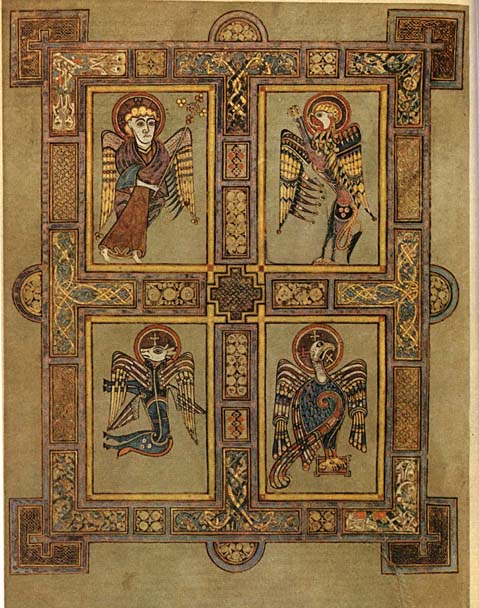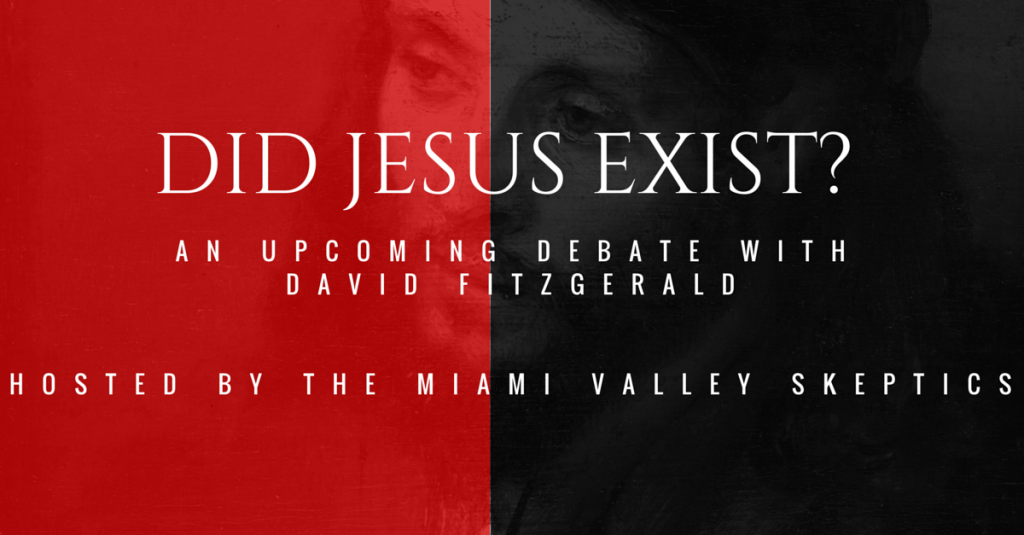 The genre of the gospels is an important question. Genre is an indication of the author’s intent. Does the author want to make us laugh at human foibles or weep over human tragedy, to escape into an entertaining world of make-believe, to be inspired and instructed by historical or biographical narratives, to mock establishment values, to understand and learn a philosophical idea? Authors choose the appropriate genre: treatise, satire, biography, history, novellas…. or their ancient equivalents.
The genre of the gospels is an important question. Genre is an indication of the author’s intent. Does the author want to make us laugh at human foibles or weep over human tragedy, to escape into an entertaining world of make-believe, to be inspired and instructed by historical or biographical narratives, to mock establishment values, to understand and learn a philosophical idea? Authors choose the appropriate genre: treatise, satire, biography, history, novellas…. or their ancient equivalents.
Sometimes authors combine genres. We see this in the Book of Daniel where long apocalyptic passages suddenly break into the middle of gripping narrative adventure.
Another serious amateur researcher, Ben C. Smith, has posted a detailed argument for the gospels being composed as texts that were meant to complement the Jewish Scriptures in The Genre of the Gospels on the Biblical Criticism & History Forum. It’s an idea I myself have been toying with for some time so I can’t help but be a little biased in favour of his argument.
A common view among scholars today is that the Synoptic Gospels at least (Matthew, Mark and Luke) are a form of ancient biography. Ben Smith begins by taking on this popular notion by setting out the clear and distinctive differences between the Gospels and narratives of ancient lives:
Unlike most ancient “biographies” the Gospels are not reflective writings. They
- are not written in the first person
- do not self-consciously reflect upon the character of the main figure
- do not as a rule reflect upon the kind of book they were writing or on their purposes for writing.
Ben sets out detailed illustrations from about nine ancient Lives with readers urged to take note of this: Continue reading “The Gospels: Written to Look Like (the final) Jewish Scriptures?”
Like this:
Like Loading...


